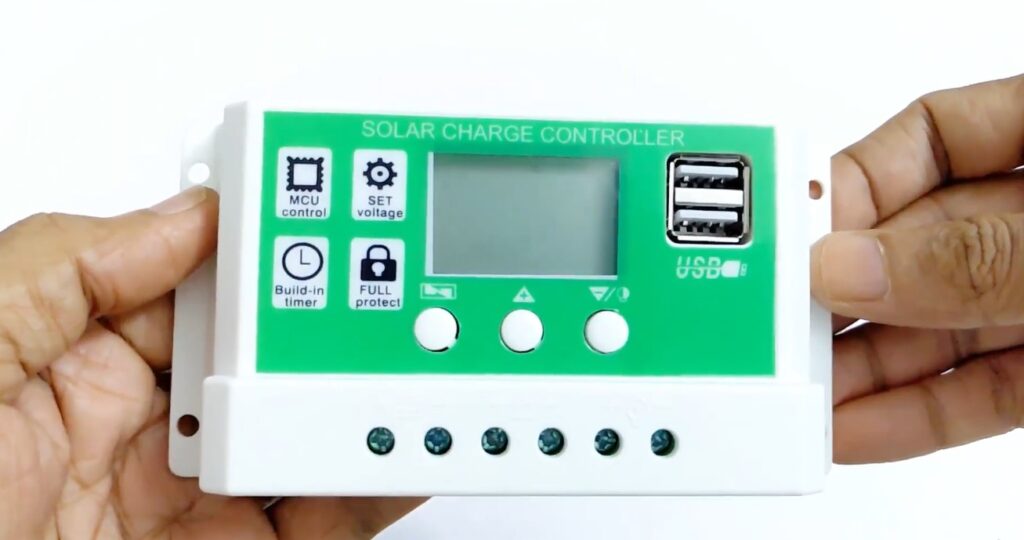
If you are planning to set up a solar power system, one of the key components you’ll need is a solar charge controller. This device regulates the voltage and current from the solar panels to the batteries, ensuring that the batteries are not overcharged or damaged.
When it comes to choosing a solar charge controller for lithium batteries, many people wonder if a PWM (Pulse Width Modulation) controller is suitable for this purpose. In this article, we’ll explore the compatibility of PWM solar controllers with lithium batteries and provide insights to help you make an informed decision.
Understanding PWM Solar Controllers
PWM solar controllers are one of the two main types of solar charge controllers, with the other being MPPT (Maximum Power Point Tracking) controllers.
PWM controllers work by rapidly turning the power from the solar panels on and off, effectively reducing the voltage to the required level for charging the batteries.
While they are an older technology compared to MPPT controllers, PWM controllers are still widely used and are known for their simplicity and reliability.
Lithium Batteries and Charging Requirements
Lithium batteries have gained popularity in the renewable energy sector due to their high energy density, longer lifespan, and superior charge/discharge efficiency compared to traditional lead-acid batteries.
However, charging lithium batteries requires a controlled and precise approach to prevent overcharging, which can degrade the battery and pose safety risks.
Compatibility of PWM Solar Controllers with Lithium Batteries
When it comes to using a PWM solar controller with lithium batteries, it’s essential to consider the specific charging requirements of lithium chemistries, such as lithium-iron-phosphate (LiFePO4) or lithium-nickel-manganese-cobalt-oxide (NMC).
Unlike lead-acid batteries that benefit from the constant voltage charging characteristic of PWM controllers, lithium batteries require a more sophisticated charging algorithm to ensure optimal performance and longevity.
Key Considerations
In general, PWM solar controllers may not be the ideal choice for charging lithium batteries due to the following reasons:
- Lack of Precision: PWM controllers do not offer the high level of precision and control required for charging lithium batteries, especially in terms of voltage and current regulation.
- Optimal Charging Algorithm: Lithium batteries have specific voltage and current profiles for charging different stages, and PWM controllers may not be able to adapt to these requirements effectively.
- Overcharging Risk: Without the ability to tailor the charging process to the unique needs of lithium batteries, there is a higher risk of overcharging, which can compromise battery safety and performance.
Consider MPPT Controllers for Lithium Batteries
Given the limitations of PWM controllers, many experts recommend using MPPT controllers for charging lithium batteries in solar power systems. MPPT controllers are designed to track the maximum power point of the solar panels and adjust the voltage and current to match the battery’s specific charging requirements. This level of precision and flexibility makes MPPT controllers well-suited for lithium battery charging, helping to optimize energy harvest and battery life.
Conclusion
While PWM solar controllers are reliable and cost-effective options for traditional lead-acid battery systems, they may not provide the necessary features and precision for charging lithium batteries. When considering a solar charge controller for a lithium battery-based solar power system, investing in an MPPT controller is likely the best choice to ensure efficient and safe charging.
By choosing the right solar charge controller, you can maximize the performance and lifespan of your lithium battery bank while harnessing the full potential of solar energy.
